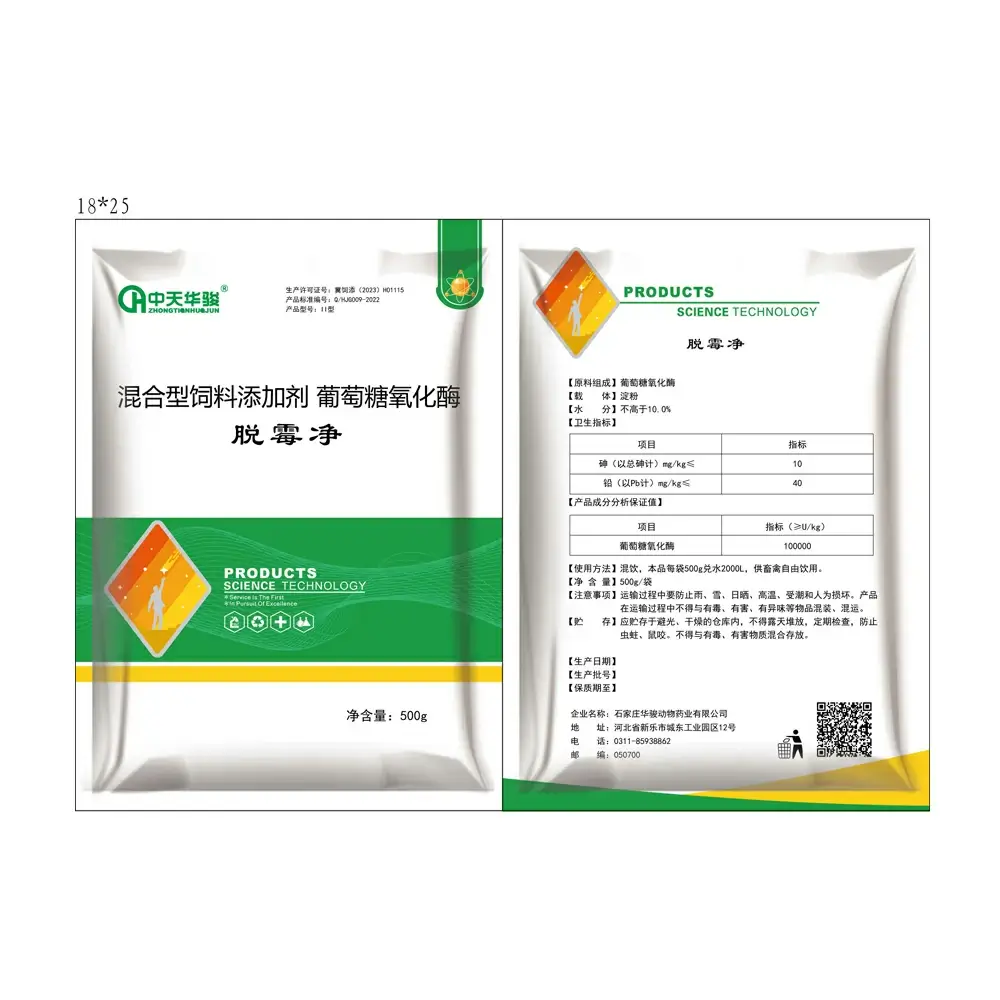
Noy . 28, 2024 14:05 Back to list
Understanding Coccidia in Chicken Farming in China
Coccidiosis in China’s Chicken Industry Understanding and Mitigation Strategies
Coccidiosis is a prominent parasitic disease affecting poultry, particularly chickens, and is particularly prevalent in the intensive farming systems of China. The disease, caused by various species of the genus Eimeria, significantly impacts the health and productivity of chickens, leading to substantial economic losses for farmers. This article aims to explore the aspects of coccidiosis in the Chinese poultry industry, its implications, and strategies for control and prevention.
Understanding Coccidiosis
Coccidiosis is characterized by the infection of the intestinal tract with coccidia, which are single-celled organisms. In chickens, the common species include Eimeria tenella, Eimeria necatrix, and Eimeria acervulina, each targeting different regions of the intestinal system. The lifecycle of coccidia begins when chickens ingest sporulated oocysts from contaminated feed or water. Once inside the host, the oocysts release sporozoites that invade intestinal cells, leading to cell destruction and inflammation. Infected chickens may exhibit a range of symptoms, including diarrhea, weight loss, reduced feed efficiency, and in severe cases, mortality.
Impact on the Poultry Industry
The impact of coccidiosis on the poultry industry in China cannot be overstated. With China's status as one of the world's largest poultry producers, the prevalence of coccidiosis represents a significant challenge. Financial losses arise from decreased growth rates, increased feed conversion ratios, and elevated veterinary costs associated with treatment and prevention. Moreover, the disease can lead to secondary infections, compounding the health issues within flocks and further exacerbating economic losses.
In addition to direct economic impacts, coccidiosis also poses challenges regarding animal welfare and public health. The stress of infection can lead to compromised immune systems in affected birds, making them more vulnerable to other diseases. Consequently, there are heightened concerns about antibiotic resistance due to increased use of medication in infected flocks.
Prevention and Control Strategies
china chicken coccidia

Effective management of coccidiosis in chickens requires an integrated approach combining biosecurity, management practices, and medication when necessary. Here are several strategies that can be employed
1. Biosecurity Measures Implementing strict biosecurity protocols is crucial. This includes controlling access to farms, maintaining cleanliness and sanitation, and minimizing contact with wild birds that may carry coccidia.
2. Management Practices Nutrition plays a vital role in the health of chickens. Providing a balanced diet and ensuring access to clean water can help strengthen the immune system and reduce the impact of coccidiosis. Additionally, practicing rotational grazing or housing can help disrupt the lifecycle of Eimeria.
3. Vaccination Vaccination against coccidiosis is another effective strategy. Several vaccines are available that can induce immunity in chickens without the use of anticoccidials, helping to manage the prevalence of the disease more sustainably.
4. Controlled Use of Anticoccidials In cases where outbreaks occur, anticoccidial drugs can be used for treatment and prevention. However, the use of these medications should be carefully monitored to avoid the development of drug-resistant strains of coccidia.
5. Monitoring and Surveillance Regular monitoring of flocks for signs of coccidiosis and implementing a disease surveillance program can help detect outbreaks early. This enables farmers to respond swiftly and effectively, minimizing the spread of infection.
Conclusion
Coccidiosis remains a major concern in China’s chicken industry, significantly impacting both animal health and economic viability. However, through the implementation of effective management practices, biosecurity measures, and medical interventions, the impacts of this pervasive disease can be mitigated. By prioritizing research and education on coccidiosis, the industry can foster more sustainable farming practices while ensuring the health and welfare of poultry in China.
-
Immunovital Fish Feed Factory | AI-Optimized Nutrition
NewsAug.03,2025
-
Quality Bacillus Coagulans BC30 Factory - Expert Production
NewsAug.02,2025
-
China Salivation AI with GPT-4 Turbo Features
NewsAug.01,2025
-
Epic Sepsis Factories: AI-Driven Detection with GPT-4 Turbo
NewsJul.31,2025
-
Acute Salpingitis and Oophoritis AI Factory
NewsJul.31,2025
-
Premium China Bacillus Subtilis Supplier & Factory Solutions
NewsJul.30,2025




